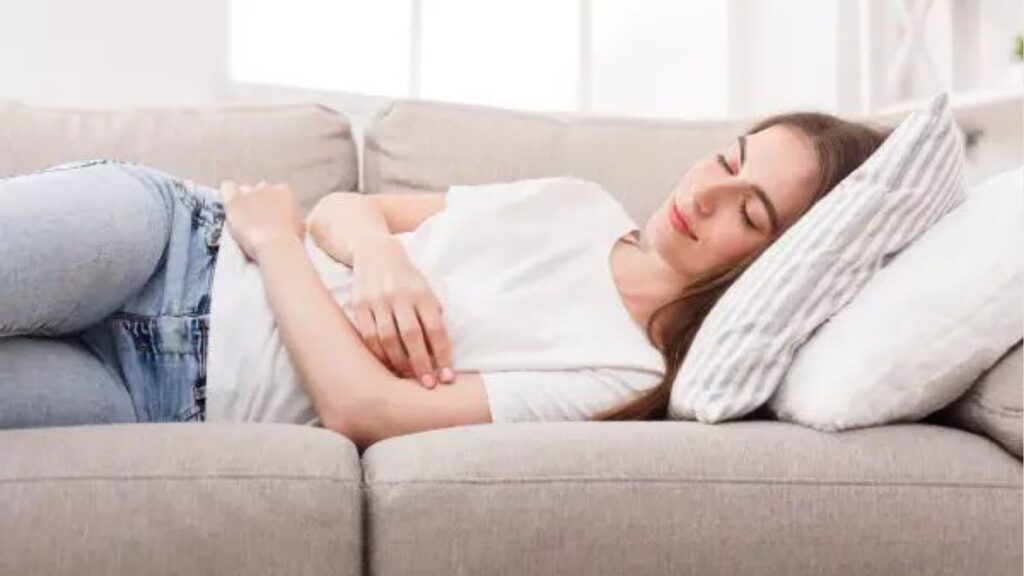Do you always hit your pillow at night, tossing and turning while wishing for sleep? Guess what? You’re not alone. Millions of people struggle to fall asleep each night meanwhile adults need to sleep for 7 hours out of every 24 hours.
Source: Pinterest
In this guide, we’ll explore several hacks to help you fall asleep faster, leaving you feeling refreshed and energized every morning.
Adjust the Room Temperature
Sleep quality can be affected by the temperature of your sleeping environment. High temperatures can disrupt thermoregulation (your body’s internal temperature). When you prepare for sleep, your body naturally releases heat by dilating blood vessels.
Source: Pinterest
This process signals to your body that it’s time to sleep. Maintaining a room temperature between 60–67°F (15.6–19.4°C) helps keep body temperature low and helps you fall asleep. Additionally, taking a warm bath with water temperatures between 104°F–108.5°F (40.0°C–42.5°C) before bedtime improves sleep quality.
Have a Good Sleep Schedule
Having a consistent sleep schedule can aid in falling asleep fast.
Source: Pinterest
Your body operates on a nearly 24-hour clock known as the circadian rhythm, which controls emotions of alertness during the day and sleepiness at night. Adhering to this schedule makes it easier to sleep and wake up naturally around the same time daily.
Consider Mindfulness and Yoga
People often find it hard to fall asleep when they are feeling stressed.
Source: Pinterest
Yoga can have a good effect on the amount, performance, and overall quality of sleep. It involves the use of breathing techniques and physical postures to aid removal of repressed stress and anxiety. Furthermore, mindfulness may assist you in putting more of your attention on the present moment than on your scheduled bedtime.
Avoid Checking Your Clock
It is common to wake up in the middle of the night, but annoying if you can’t get back to sleep.
Source: Pinterest
Taking away the clock outside your bedroom could ease the anxiety associated with falling asleep. On the other hand, if you require an alarm in the room, you can flip your clock so that you don’t have to look at it each time you get up in the middle of the night.
Reduce Nap Time
A poor night’s sleep leads to naps during the day.
Source: Pinterest
Although quick naps can increase well-being and focus, there is research regarding how it affects nighttime sleep. Try giving up naps completely or reducing it to a 40-minute nap during the day to see if that helps you sleep better at night.
Monitor What and When You Eat
The time and types of food you consume can significantly impact your sleep quality.
Source: Pinterest
Eating within one hour before bedtime increases the possibility of waking up after falling asleep. Additionally, the combination of your meals matters; while a high-carb diet may induce faster sleep, it often leads to restless sleep. Opt for lighter, easily digestible meals.
Medications Can Be Effective But at a Cost
While medications can be effective in helping you fall asleep, it’s important to consider the costs associated.
Source: Pinterest
Many over-the-counter sleep aids come with risks and side effects that may outweigh their benefits in the long run. Before using any sleep medications, consult with a healthcare professional to discuss your sleep concerns, review your medical history, and explore the appropriate treatment for you.
Engage in Regular Exercise
Regular physical activity can speed up your sleep and enhance the quality of your sleep.
Source: Pinterest
Most days of the week, try to get in at least 30 minutes of moderate activity. On the other hand, stay away from intense workouts right before bed since they could make you feel more energized than relaxed.
Play Soothing Music
Sleep length and quality can be enhanced by listening to calm music. Also, it could ease anxiety by encouraging relaxation and comfort before rest.
Source: Pinterest
Studies show that people who listened to relaxing music for 45 minutes before bed experienced more restful and peaceful sleep than people who did not. If you are unable to find any calming music, using earplugs to block out sounds will help in fall asleep fast.
Read a Printed Book
Spending an hour before bedtime reading a printed book could increase the effectiveness, length, and quality of your sleep.
Source: Pinterest
On the other hand, using an e-book could affect these aspects of sleep. Given blue light from electronics lowers melatonin secretion, reduced melatonin levels make it more difficult for you to go to sleep and increase your level of fatigue the next day.
Switch Off All Your Gadget
Using gadgets makes it more difficult for you to go to bed and remain asleep.
Source: Pinterest
This is partially due to the blue light that gadgets generate. Furthermore, using these gadgets keeps the brain occupied and alert. Consider wearing glasses that filter out blue light if you must use gadgets late at night. Simply disconnecting and putting away all the electronics before bed could be helpful.
